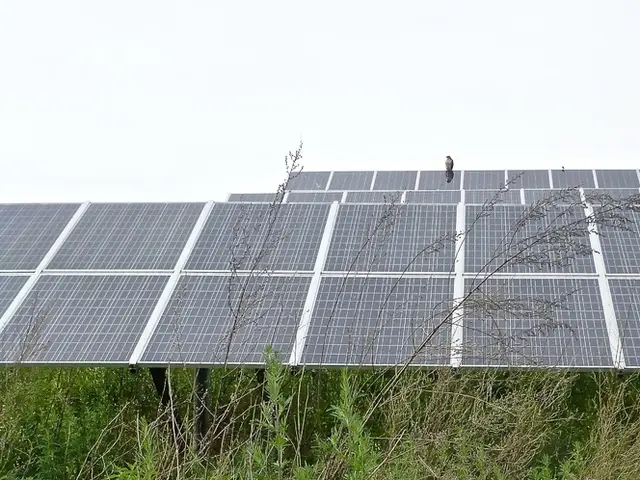After 30 Years, Fraunhofer ISE's Henning Retires, Leaving Lasting Impact on Germany's Climate Policy
After 30 years at the Fraunhofer Institute for Solar Energy Systems ISE in Freiburg, Hans-Martin Henning is retiring. A farewell event was held in his honor at the Concert Hall in Freiburg. Henning, who co-directed the largest institute of the Fraunhofer Society with Andreas Bett since 2017 and chaired the expert council on climate questions of the federal government until the end of August 2023, leaves behind a legacy of significant contributions to Germany's climate policy.
Henning identified seven key areas for Germany to achieve climate neutrality. These include enhancing the power grid's flexibility and digitalization, harnessing hydrogen, expediting core network expansion, reducing electricity prices, increasing the cost of fossil fuels, targeting subsidies effectively, and pursuing climate protection goals diligently. His insights have shaped the nation's climate policy discourse.
In the realm of industry, Norbert Schiedeck, CEO of the heating system manufacturer Vaillant, emphasized the need for clear political guidelines and technology openness. With a planning horizon of ten years for investments, a lead time of three years, and a payoff period of seven years, Schiedeck underscored the importance of factual discussions and more clarity from politics in setting guidelines for climate policy. Thekla Walker, Minister for Environment, Climate and Energy in Baden-Württemberg, echoed this sentiment, stressing the need for planning security and reliability for investments in climate policy.
Henning's retirement marks the end of an era, leaving behind a wealth of knowledge and experience in Germany's climate policy. As emissions have halved since 1990 despite economic growth on par with the UK or Denmark, the path forward is clear. Industry leaders and policymakers alike call for continued goal-oriented development of technologies and products, with a clear vision towards 2045, ensuring a sustainable future for Germany.
Read also:
- Industrial robots in China are being installed at a faster rate than in both the United States and the European Union, as the global market for these robots faces a downturn.
- Galvanize Unveils $1.3 Billion Plan to Fund the Energy Sector's Evolution Pathway
- EAFO Research Uncovers Crucial Elements in Electric Vehicle Adoption within the EU
- Zeppelin's Fuel Cell Unit Powers 'Sandstedter Sommer' Festival








